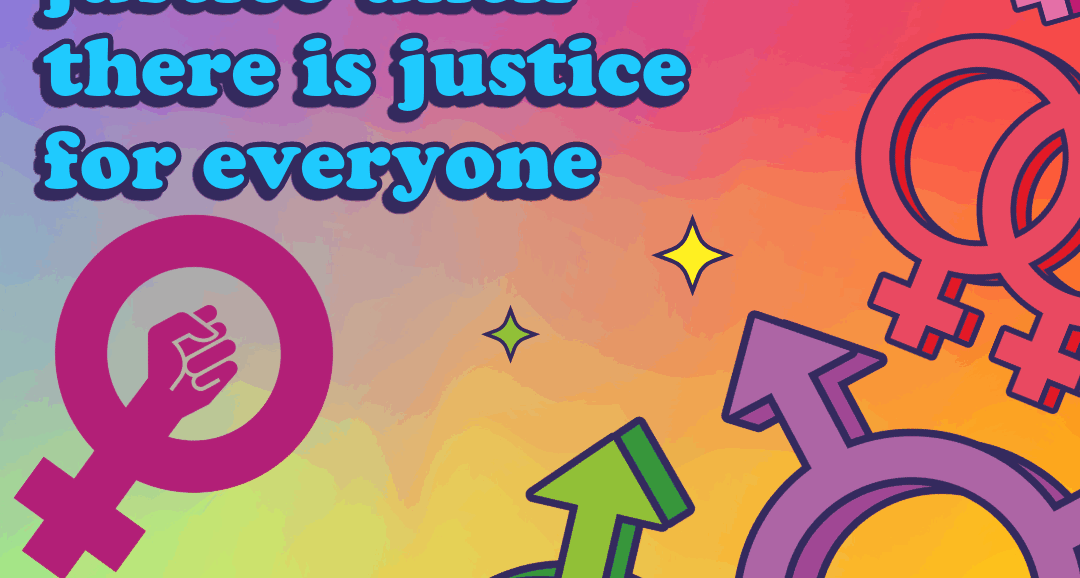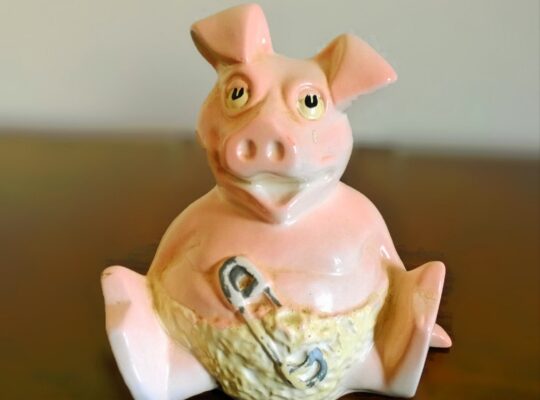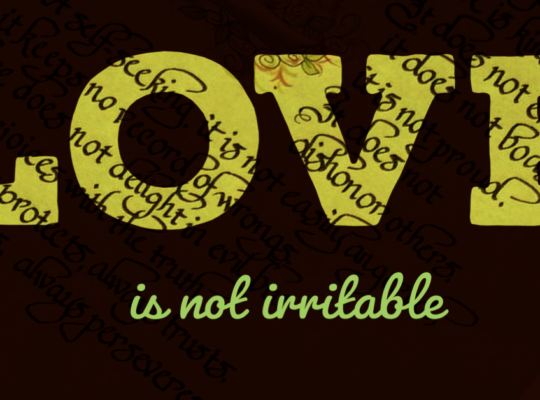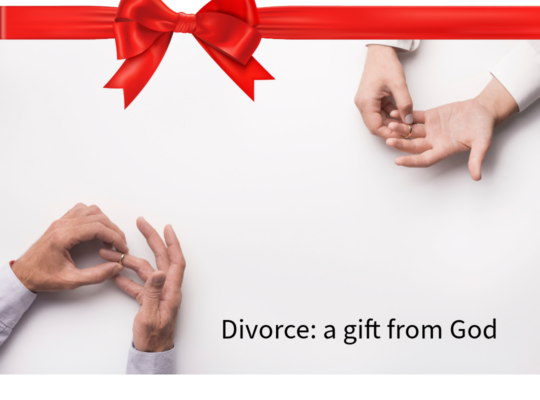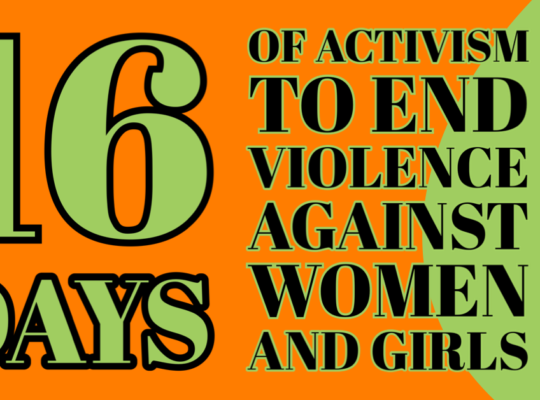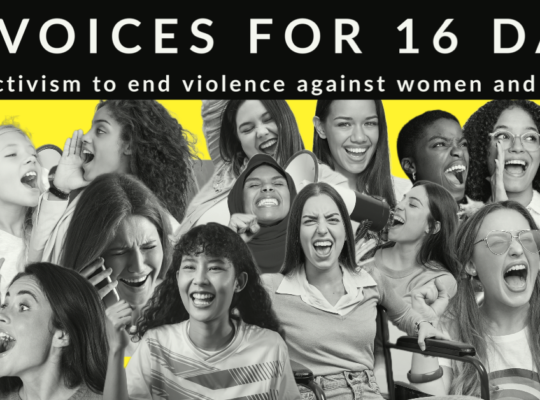In 2013 I suddenly found myself on the margins of my faith.
Prior to this I’d been your average “conservative, evangelical Christian woman”: married, three kids, husband I submitted to, Church on Sunday morning, back home to mow the lawn of our nice suburban semi-detached house in the afternoon. Midweek my husband and I would sit down in the evenings to pray together and watch podcasts from complementarian preachers.
Then the truth came out. I couldn’t keep up the charade any longer, the happy Godly family was all a lie, I left my abusive husband and got divorced.
This is how I found myself suddenly losing all sense of belonging within the religion I’d built my identity on. It was a scary time. I felt ostracised from my own beliefs. I’d held such confident notions about divorcees and single mums, not as “bad people” but as failures, people who hadn’t centred God in their lives and in their marriages, because I believed that if God was at the centre of your life and your marriage you wouldn’t end up as a single mum or a divorcee.
I felt like a failure. I’d prayed and prayed for God to fix my marriage and yet it still failed. I realised that the things I’d believed about divorcees and single mothers were wrong. As I did so I felt rejected and misunderstood by the religion that had taught me to believe those things.
As I sat there, on the outside, peering in at my faith, seeing cruelty and harsh judgment and frankly terrible theology that I had never noticed before, I realised I wasn’t sitting alone.
There were lots of people sitting there in the cold, noses pressed up against the window, staring into the hallowed halls they weren’t welcome in. Not just divorcees and single mums, but working class people, neuro-diverse people, and, most obviously LGBTQ+ people.
I’d been questioning my anti-affirming theology for a while. I’d been moved by the grace I’d seen amongst LGBTQ+ Christians I’d met online, I couldn’t deny the presence of the Holy Spirit in their lives, and this contrasted to some of the nastiness I’d seen from non-affirming Christians who had been campaigning against the equal marriage act that would come into force that year. I was beginning to question the fruits of non-affirming theology.
LGBTQ+ Christians have been rejected by other Christians for generations. They’ve been made to feel as though they don’t have enough faith, or aren’t getting it right, or don’t belong. They’ve learned to occupy that space on the margin with far more dignity and grace than I ever did. Suddenly I had a taste of the injustice they experience day in and day out. It was this that enabled me to see my LGBTQ+ brothers and sisters as Jesus does.
As beloved.
As wonderfully created precious image bearers of God.
Homophobia and misogyny are both deeply rooted in patriarchy. You cannot fight against one without fighting against the other. If we want to make the Church, and indeed the world a more just place then we must do so for everyone, because there is no justice until there is justice for everyone.
I know some Christians who work within the domestic abuse sector remain quiet on the subject of LGBTQ+ equality within the church. They do not want to alienate non-affirming churches from the conversation around domestic abuse, they want to keep the focus on their core aim: making the church a safe place for survivors of domestic abuse, a place free of domestic abuse. I understand this, but I cannot do it.
I see the abuse experienced by LGBTQ Christians at the hands of the church and my heart breaks for them in the same way it does for Christian women who experience abuse at the hands of their husbands (and often also at the hands of the church) My heart breaks for them in the same way that it breaks for victims of child sexual abuse or institutional spiritual abuse. Abuse is abuse and I oppose it in all its forms, I will fight it in all its forms: misogyny, homophobia or transphobia, or indeed racism, ableism and classism.
We will never end abuse until we recognise the full created beauty, equality, worth and dignity of all people, without exception. Until we can see the Imago Dei in every single human, regardless of their gender, gender identity, sexuality, race, ability or anything else. This has to be at the root of ending abuse, it has to be our starting point.
Finally, one of the laments of women’s rights campaigners is that not enough men join the fight against domestic abuse. We long for men to use their power and privilege to hold other men accountable and defend the rights of women. If we expect men to use their male-privilege to speak up for women, then we should in turn use our straight-privilege to speak up for LGBTQ people.
We’re all in this together and this Pride month especially, when women’s rights are being used as a stick to beat transgender people with, it’s important that Christian women’s rights campaigners stand up and use our power and privilege to defend the rights of our LGBTQ brothers and sisters

